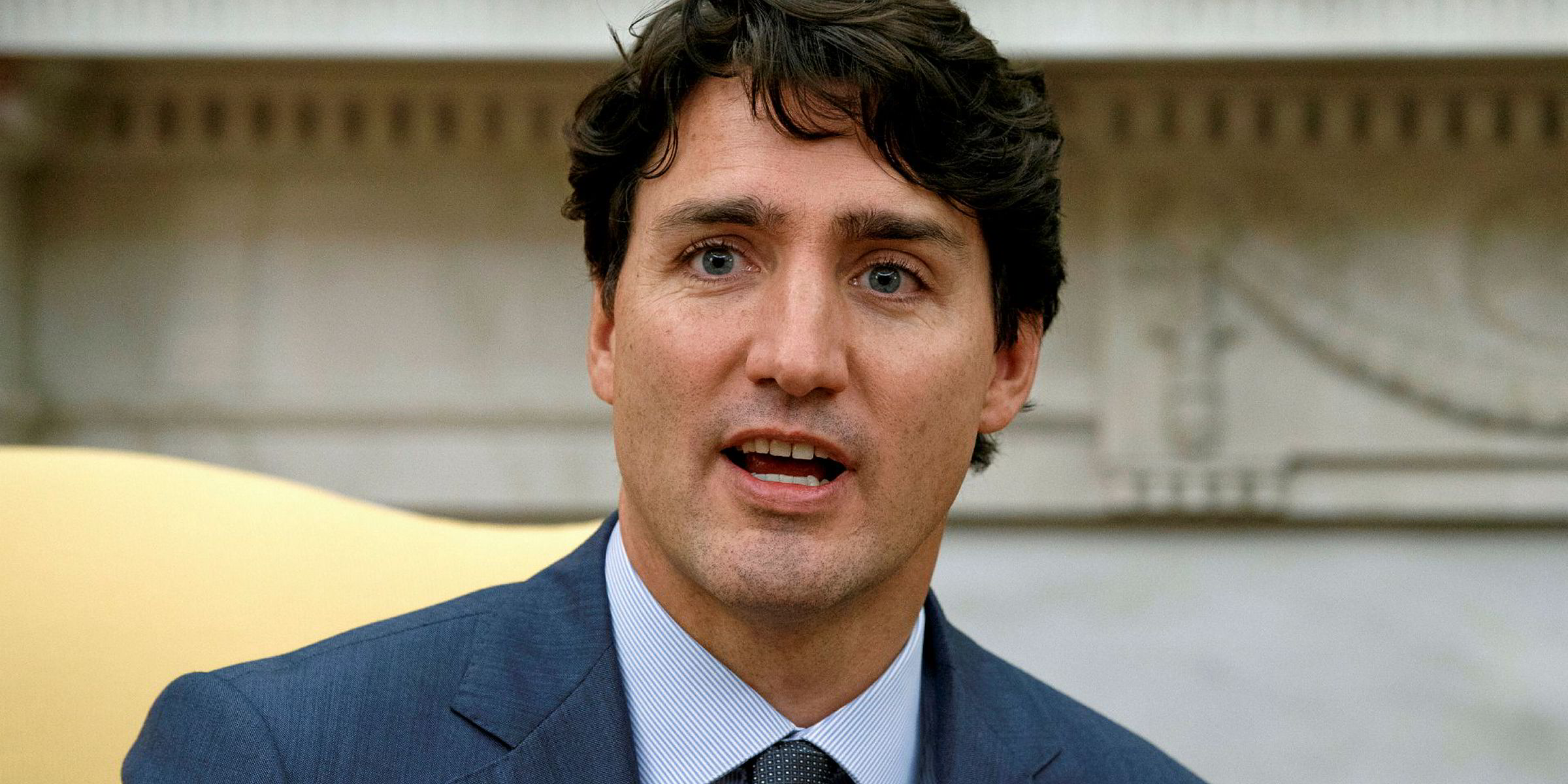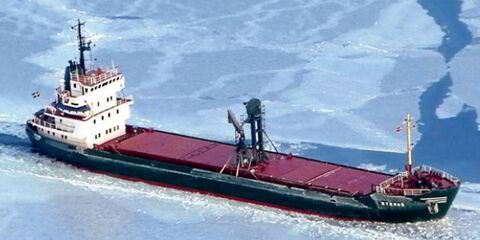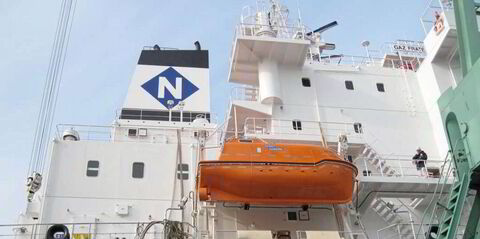Canadian shipping is keeping a close eye on Ottawa as the government discusses a range of initiatives on export projects and trade.
For example, Kinder Morgan’s Trans Mountain pipeline, which would triple the amount of crude oil exports from Vancouver, faces an uncertain future.
The Justin Trudeau-led government gave the pipeline a preliminary approval. But the John Horgan-headed provincial government in British Columbia came to power on a platform aimed at blocking the pipeline, which it plans to argue is not in the national interest.
Robert Lewis-Manning, president of the Chamber of Shipping of British Columbia, says the pipeline expansion would have allowed new tanker companies to enter the Canadian markets.
Canada’s parliament is also expected to take up an infrastructure spending proposal that would modernise the country’s rail system.
Lewis-Manning says container terminals in the Port of Vancouver and the Port of Prince Rupert remain limited in their throughput due to rail capacity.
“At some ports, rail is a huge constraint,” Lewis-Manning says. “Most rail is working at full capacity.”
Canada’s government is taking a closer look at how shipping impacts the country’s sea life. After a series of whale strikes in the east, vessels on the St Lawrence Seaway were forced to reduce speeds. Along the west coast, ships are volunteering to cut their speeds in and out of Vancouver as part of a study on the effects of underwater noise on whales.
Canada recently approved a new free-trade agreement with Europe. The arrangement is seen as positive for shipping as it will ease trade for Canadian commodities and Europe’s finished goods.
But the deal is not universally acclaimed by Canadian shipping interests. The pact will allow international container companies such as Maersk Line to engage in cabotage trade by moving containers from one Canadian port to another. The agreement is also supposed to open the country’s dredging trades to international competition.



